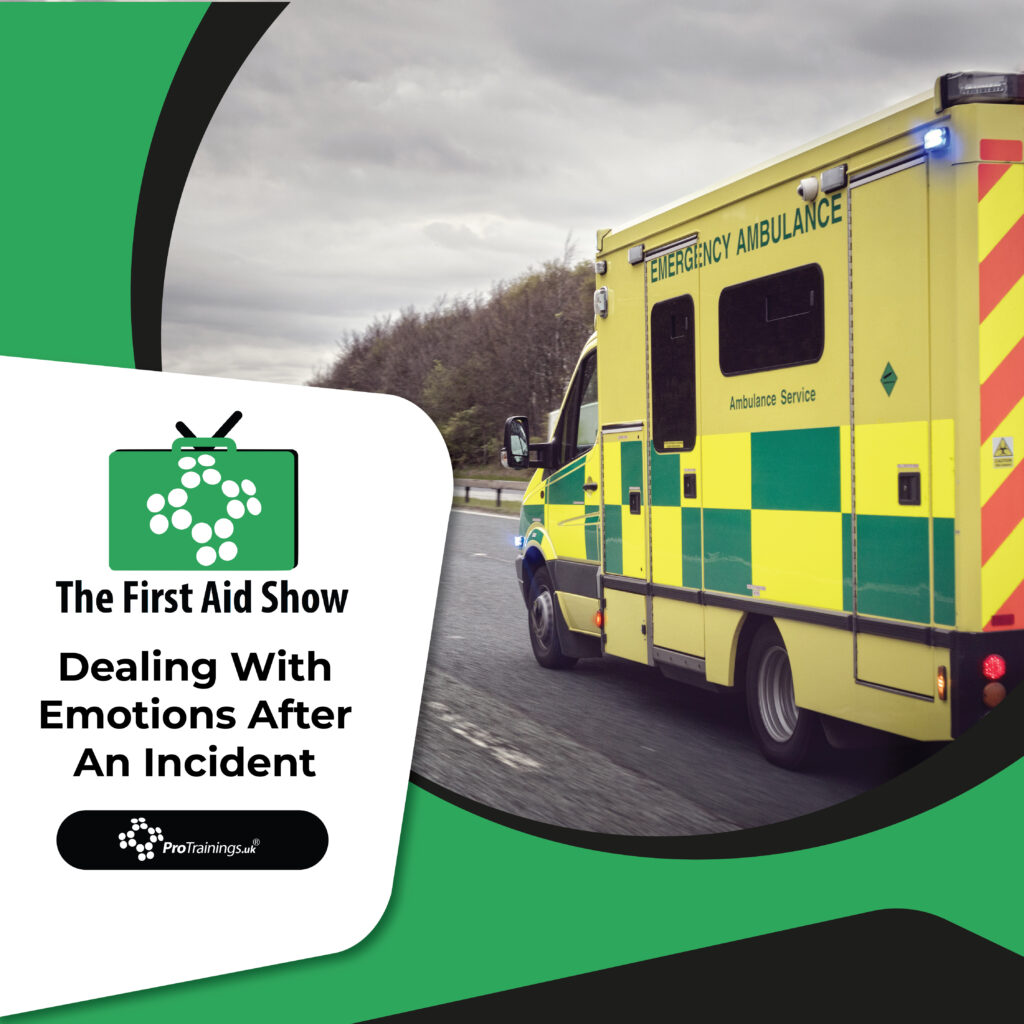Managing Emotional Aftermath: Insights from a Paramedic
In this episode of the First Aid Show, we explore the emotional toll that handling accidents and serious illness can take on first responders. A seasoned paramedic shares strategies for dealing with emotions after an incident.
Understanding the Emotional Impact
First responders are trained to face highly stressful and traumatic situations. This preparation includes exposure to realistic simulations that help condition their responses to real-life emergencies. Accepting the reality of these experiences is a fundamental aspect of the job.
Teamwork and Debriefing
Working closely with a team of emergency services professionals provides a support network. Hot debriefs are crucial for discussing the incident’s aspects, what went well, and areas for improvement, facilitating collective coping and learning.
Developing Personal Coping Strategies
With exposure, first responders develop their own coping mechanisms. While organizations offer professional support services for those struggling, the process of talking through experiences with trained colleagues can be incredibly beneficial.
Maintaining Personal Well-being
Maintaining a healthy lifestyle plays a pivotal role in “dealing with emotions after an incident.” Strategies include:
- Eating a balanced diet rich in variety and color.
- Ensuring quality sleep and talking about your feelings.
- Regular exercise and exposure to natural daylight.
Conclusion: Building Resilience in First Responders
The journey of a first responder is not just about handling the physical demands of emergencies but also navigating the emotional challenges that follow. By adopting effective coping strategies and leveraging support systems, first responders can maintain their emotional well-being and readiness for future incidents.


